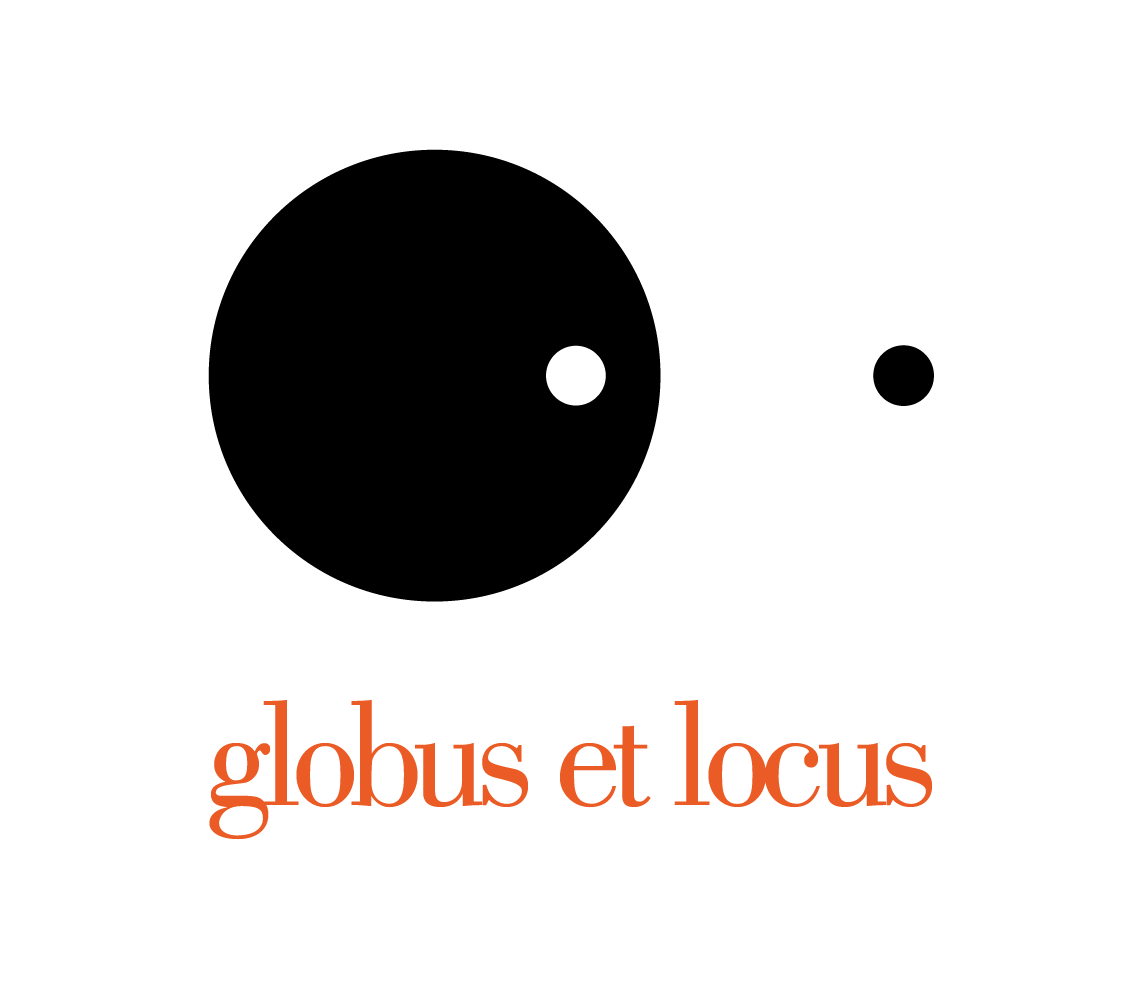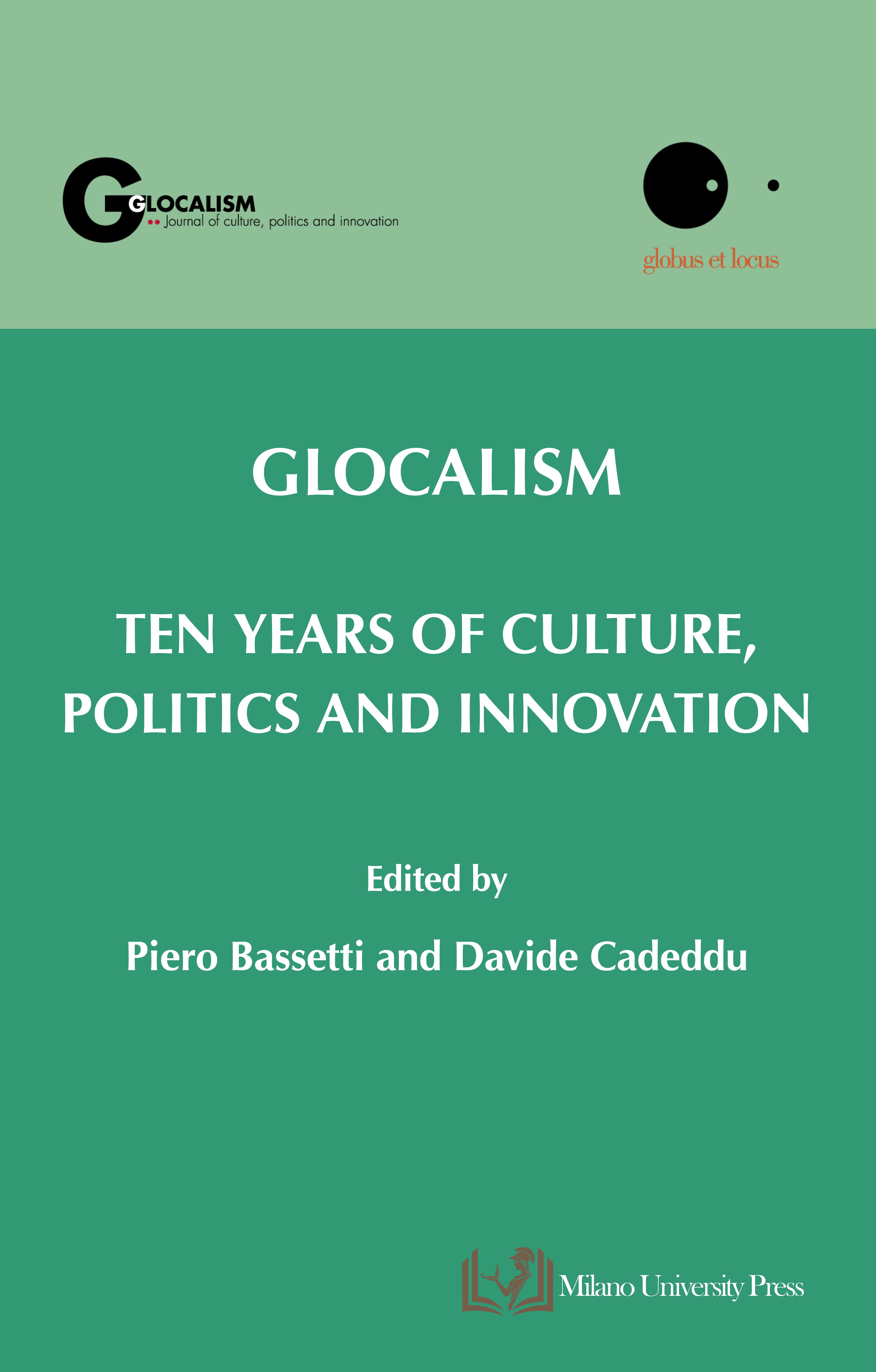Revisiting Liberal Democratic Universalism: a Critical Rhetoric of the Liberal Democratic World Order
DOI:
https://doi.org/10.12893/gjcpi.2016.2.11Keywords:
democracy, hegemony, ideology, liberalism, sovereigntyAbstract
Liberal democracy has become the predominant political regime in the 21st century even in countries that have little or no history of ‘democratic structures and practices’. However, it seems as though setting up a functional, stable, and viable democratic state is harder than overthrowing autocratic rulers. This rhetorical criticism explores gridlocks that hamper the development of universal liberal democratic values by emphasizing the Western hegemonic status of defining what liberal democracy is. It is pertinent to look into this dominant role considering that it is through these values that actions, policies, and other values are to be construed and judged. This paper aims to (1) highlight the role of moral cosmopolitanism as the initial step of Western hegemony, (2) identify the paradox of defining liberal democracy as universal but treating it as a particular, and (3) discuss the ironies of democratic imperialism and its hindrance to self-determination. This paper hopes to shed some light in the importance of various interpretations, definitions, and adaptations of liberal democratic values depending on the context of the society incorporating, its culture, its values, and its identity, in order to find a more comprehensive definition of democracy.
Downloads

Downloads
Published
How to Cite
Issue
Section
License
Copyright (c) 2016 Rose Joy E. Smith

This work is licensed under a Creative Commons Attribution-ShareAlike 4.0 International License.











